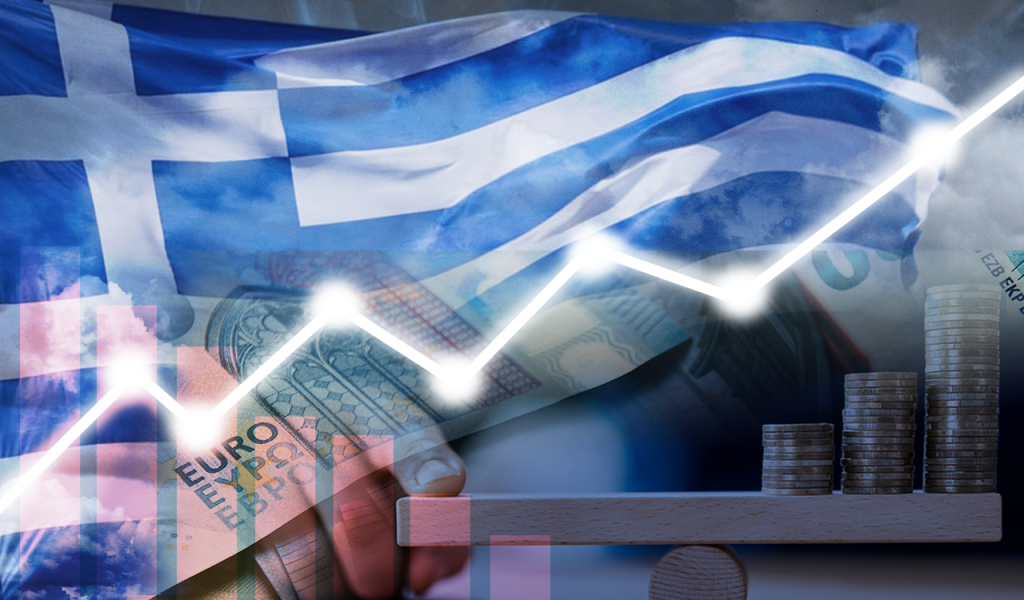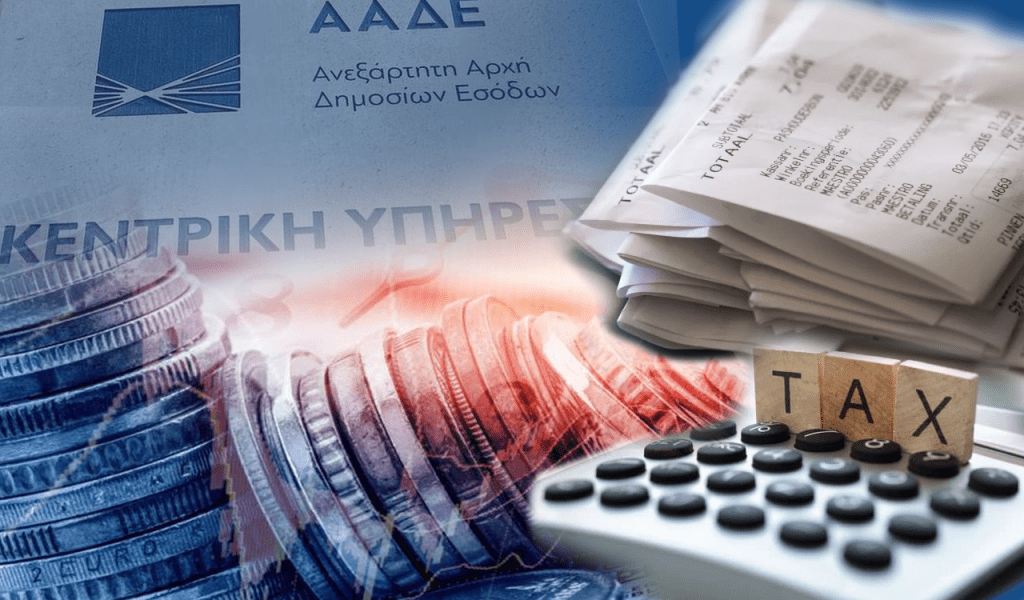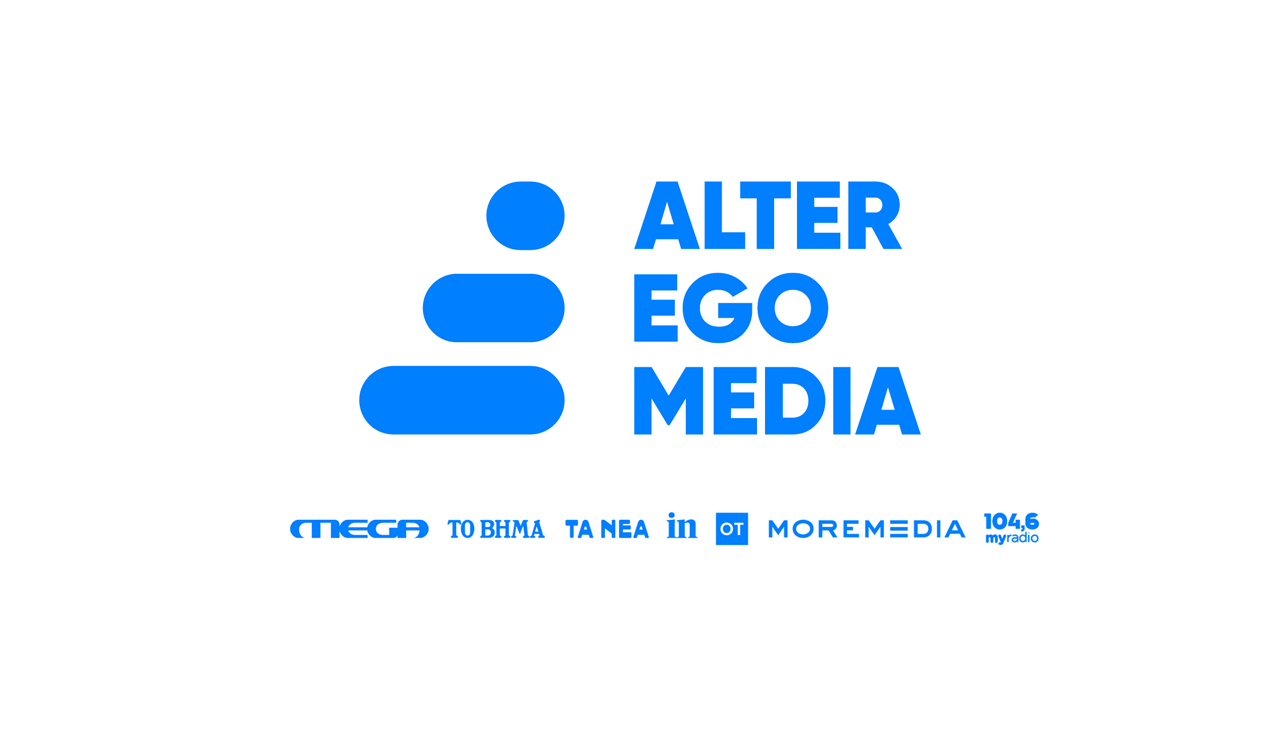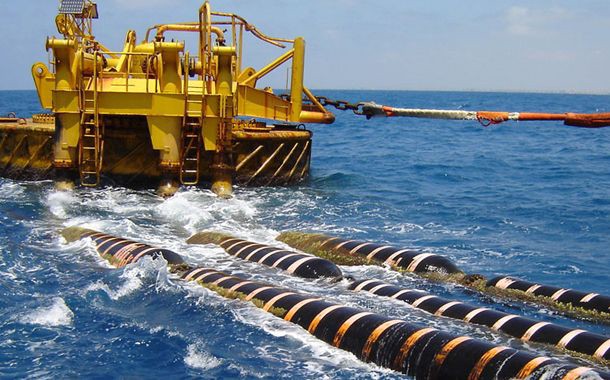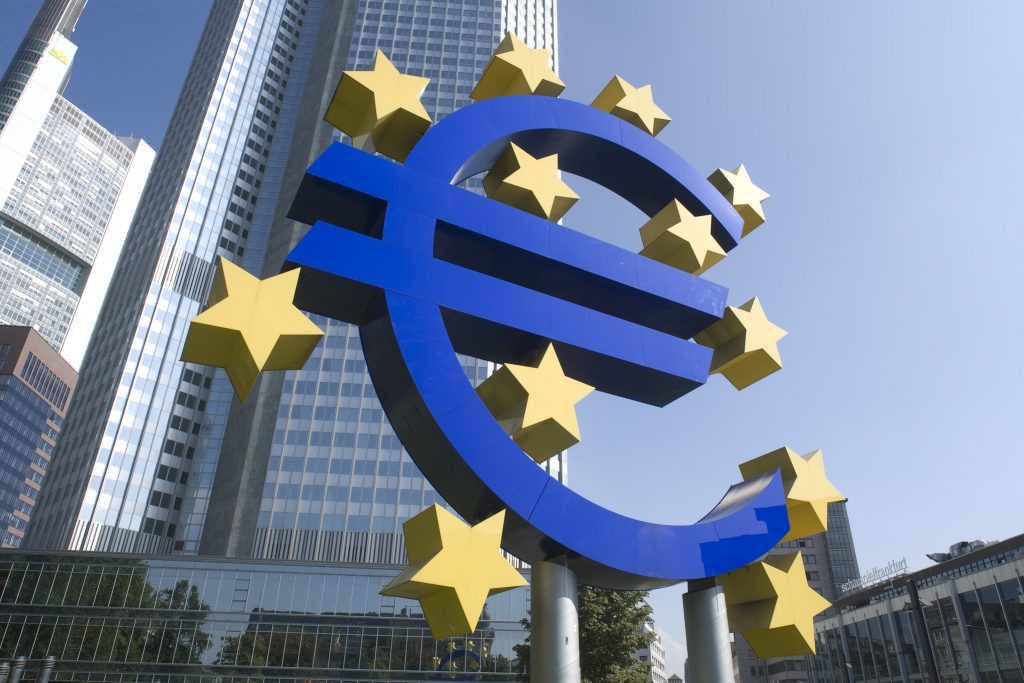The debt will lead to the conquest of the investment grade, the Scope rating agency revealed in its meeting on Greece yesterday. It also confirmed estimates that the election has delayed the upgrades.
Unexpectedly, therefore, the conclusion of the elections paves the way for the upgrading of Greece to investment grade.
On Friday, Scope Ratings maintained the rating of the Greek economy at BB+, giving a positive outlook. It should be noted that the German agency is not recognized by the ECB. Scope estimated growth of 1.3% for 2023 before 2.0% in 2024, followed by 8.4% in 2021 and an estimated 4.9% in 2022.
Elections and autumn
The most critical time frame is the post-election, autumn new round of assessments. During that time, rating agencies and markets will assess the economic and political situation in order to make corresponding moves.
Regarding the “political stability” factor, the markets have absorbed the shocks from the change in the electoral system. Whichever government takes over after the election, no substantial change in economic policy is foreseen after the polls, so the debt, deficit and reform targets are not compromised.
What will Moody’s do?
The Greek economy is one step away (from investment grade) in terms of the S&P and DBRS scales. For Fitch it is now one notch away and for Moody’s it is three.
Thus, in the immediate future, much interest is focused on Moody’s assessment on March 17, 2023. The question is whether it will proceed with an upgrade of the country’s credit rating. Because the agency in question has Greece at three levels lower than the investment grade in the “Ba3” category compared to the rest of the agencies.
The road to investment grade
Long-term ratings could, according to Scope’s report, be upgraded one notch to investment grade if, individually or collectively:
- maintain European support for Greece through enhanced permanence of European institutional support for Greek debt markets and debt sustainability beyond the upcoming elections and beyond the Covid-19 Crisis
- nominal growth and fiscal consolidation maintain a strong and sustained downward trajectory of public debt.
- the risks of the banking sector are further reduced, enhancing the provision of credit to the private sector and
- structural economic and external imbalances are reduced, increasing medium-term growth potential and strengthening macroeconomic sustainability.
What can bring degradation
Conversely, outlooks could be revised to stable if, individually or collectively:
- the Eurosystem’s support for Greek debt was limited or proved ineffective, triggering the crystallization of more serious market scenarios.
- fiscal policies remain loose for a longer period of time or a more severe economic downturn occurs, blocking or reversing a current trajectory of reductions in the public debt ratio.
- reform commitment to weaken after the 2023 elections, dampening prospects for cutting macroeconomic imbalances and undermining potential European support.
Debt reduction and bad loans
The strong reduction in the general government debt ratio and the general government deficit from 2020 represents credit strength, supported by the economic recovery, rising inflation alongside the consolidation of the primary fiscal deficit.
According to Scope, the fiscal momentum is further strengthened by the previous significant improvements in the public debt structure.
Finally, structural reform policies have significantly reduced the ratios of high non-performing loans (NPLs) and strengthened the stability of the banking system, while policies have been launched that mobilize private sector investment, mitigate bottlenecks associated with weaknesses in the Greek banking system and historically low private investment.
The dangers
The Scope Ratings report points out that there are three main risks for the Greek economy and the country’s creditworthiness.
First, high government debt, which represents an ongoing vulnerability as markets reassess the risk associated with the eurozone’s over-indebted sovereign borrowers amid elevated inflation and central bank rate hikes.
In addition, the gradual weakening of a strong debt structure, with higher refinancing costs, a gradual shift from public to private ownership of debt and shorter average maturities of new debt, reflects a credit challenge.
Second, banking sector weaknesses related to reduced capital adequacy ratios, strengthening state-owned bank linkages and increased NPLs compared to euro area averages reflect credit weakness.
Finally, structural economic weaknesses in the form of moderate medium-term growth potential and high unemployment.
